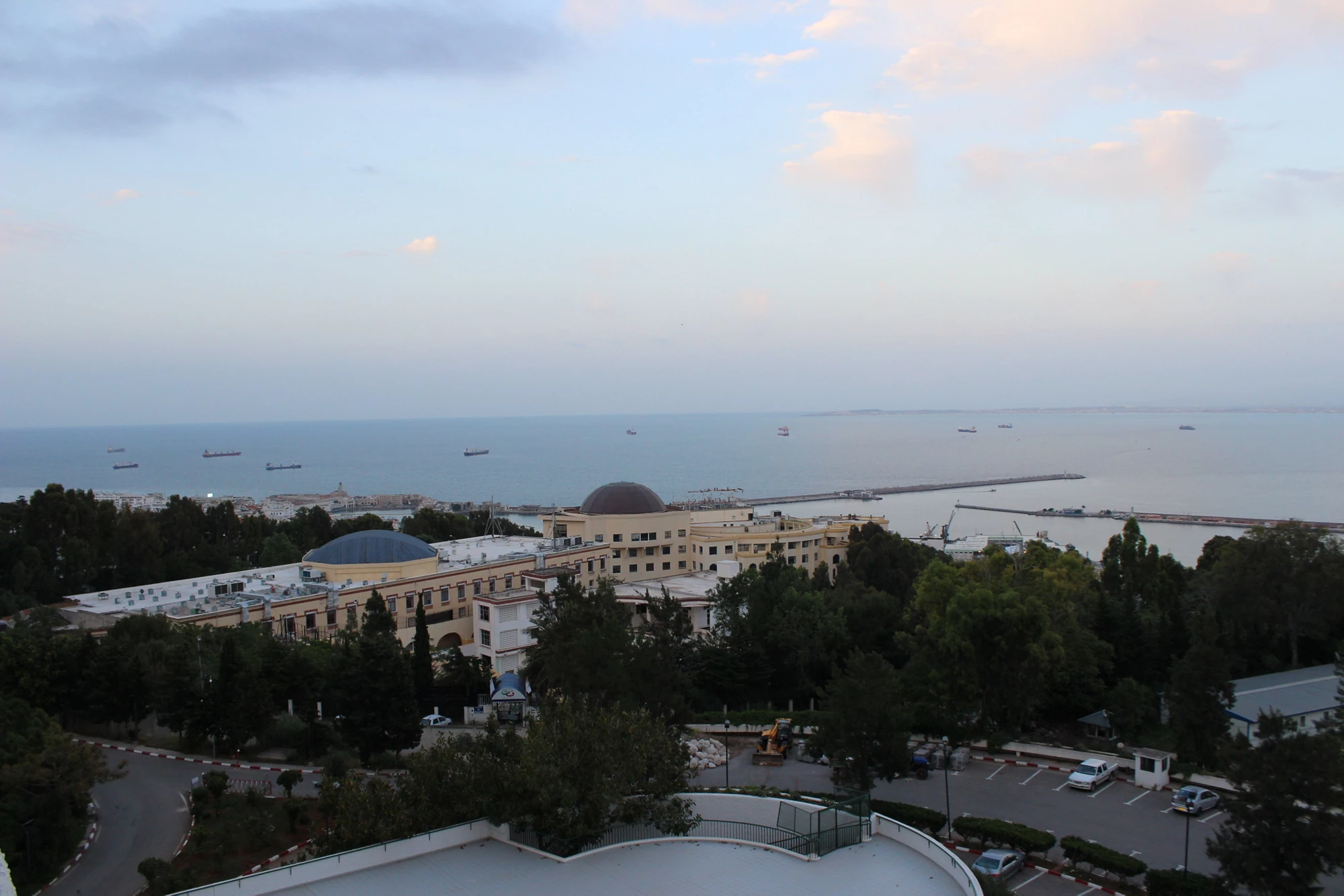 His achievements may have attracted less attention than the brilliant performance of the
Fennecs (“desert foxes”)—the Algerian football team which made it into the round of sixteen at the World Cup in Brazil—but they deserve to be revisited nonetheless. His accomplishments are not included in the records’ book, nor can they be reduced to an act of revenge against France, Algeria’s former colonizer: they are about the kind of success that only globalization holds the key to.
His achievements may have attracted less attention than the brilliant performance of the
Fennecs (“desert foxes”)—the Algerian football team which made it into the round of sixteen at the World Cup in Brazil—but they deserve to be revisited nonetheless. His accomplishments are not included in the records’ book, nor can they be reduced to an act of revenge against France, Algeria’s former colonizer: they are about the kind of success that only globalization holds the key to.
This is the story of an Algerian entrepreneur who, thanks to his hard work, has built a true conglomerate, one large enough to save a French company from bankruptcy and possessing the capacity to run it as well. In the process, it has also rescued nearly 1,800 employees who would have otherwise fallen into unemployment.
This is only one of the most recent achievements of Issad Rebrab, founder of the Algerian group, Cevital. Competing against some of the best companies in the world from America, the United Emirates, France and elsewhere, the Cevital Group beat its rivals to score the acquisition of FagorBrandt, France’s second biggest manufacturer of home appliances.
The press, trade unionists, and the French political class have been full of praise about the acquisition since it took place—praise best summed up in the nickname Rebrab has earned, “the Savior”. Yes, indeed! For Algerian-born Rebrab is the savior of jobs in France.
Rebrab’s story mirrors that of other industrialists from the so-called “Global South” fishing for the jewels in the crowns of their former colonial masters. Isn’t the Indian-born carmaker, Tata, now one of the biggest employers in Britain after buying Jaguar and Land Rover, the precious gems of Britain’s old auto industry? Another Indian, Lakshmi Mittal, has bought Arcelor to create ArcelorMittal, a global leader in the steel industry employing nearly 300,000 people, approximately 160,000 of them in Europe.
Recognition of the importance of Rebrab’s role is captured in pictures taken on 17 February this year—the picture of Rebrab being received by French president, Francois Hollande, at the Elysee Palace, along with 33 other big time entrepreneurs and international investors. (Flanked by no less than 11 of his ministers, Hollande was holding an event to promote France as an attractive destination for investment.)
This was no isolated feat of achievement. Rebrab has shown the ambitions of a visionary who has built an economic empire by virtue of audacity, a willingness to take risks, and a hunger to succeed at building an industrial and financial empire that has earned him admission into the restricted club of Forbes magazine’s world’s wealthiest persons.
Rebrab is a world class industrial leader with a net worth estimated at more than US$3.5 billion. His Cevital Group employs over 12,000 people in a dozen sectors all over Algeria. Considered a champion of diversification—a word of great importance for the Algerian economy these days—Cevital has investments in agriculture, retail, steel, energy, electronics, glass, home appliances, the auto industry, and more.
The founder of Cevital has understood the need, in a global environment where capital knows no nationality, for industry to extend its tentacles. From the geographically strategic position of Algeria, Cevital is eyeing not only business on the north shore of the Mediterranean but has an appetite for the huge opportunities opening up across a rapidly transforming sub-Saharan Africa as well. Countries like Côte d'Ivoire, Ethiopia, Sudan, Djibouti, Tanzania and others have opened up their economies, making it possible for investors like Issad Rebrab to pursue interests—a strategy in keeping with Algeria’s historical, pan-African traditions.
Rebrab’s career serves a reminder of an individual’s potential to make changes. Beyond domestic resonance, most kinds of success are worth celebrating; his success also highlights the importance of manufacturing value added products. In contexts such as Algeria’s, where observers and the media tend to focus on the country’s tarnished image, the FagorBrandt acquisition by Issad Rebrab reminds us all that there is another Algeria like the one we glimpsed at the World Cup—the Algeria that wins.


Join the Conversation